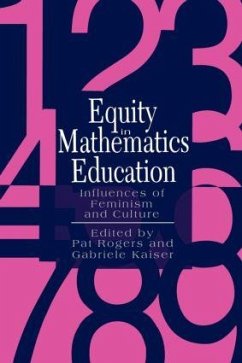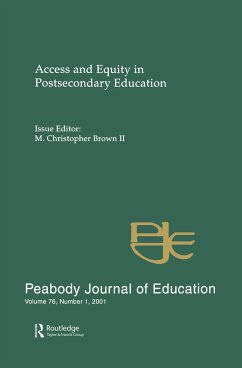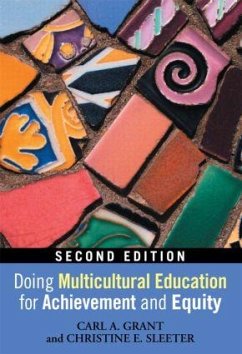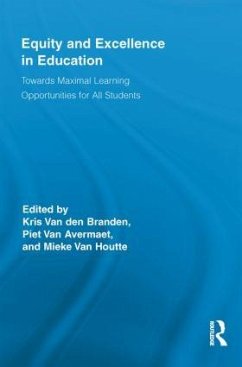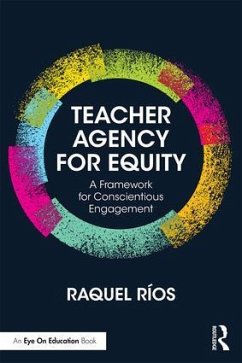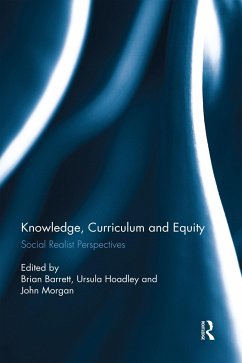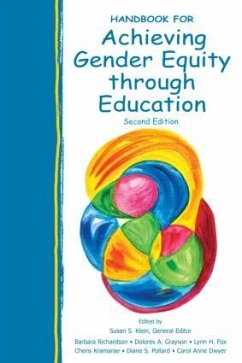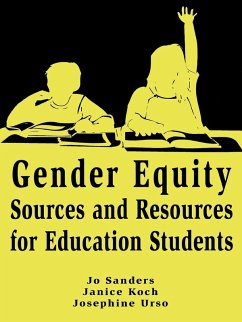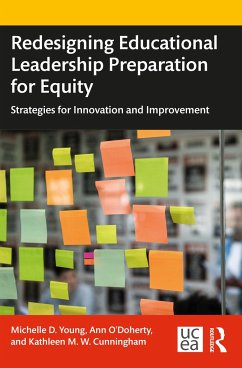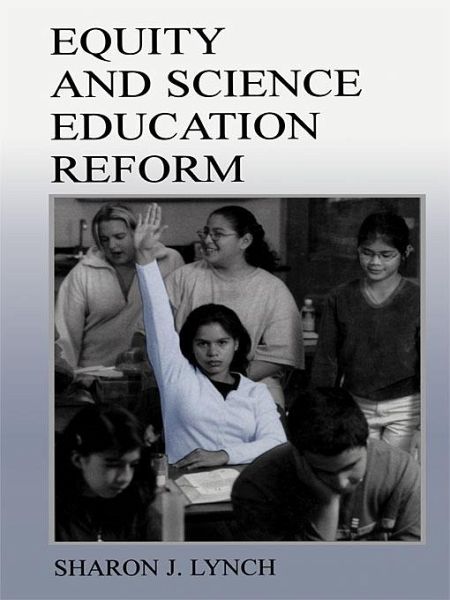
Equity and Science Education Reform
Versandkostenfrei!
Versandfertig in 1-2 Wochen
65,99 €
inkl. MwSt.
Weitere Ausgaben:

PAYBACK Punkte
33 °P sammeln!
This research based book-a response to the new sci educ standards & reforms, the goal of which is to promote sci. literacy for ALL-makes a case for equity in sci educ, backed by pertinent literature, including NSF data & "stories from schools & classroom





